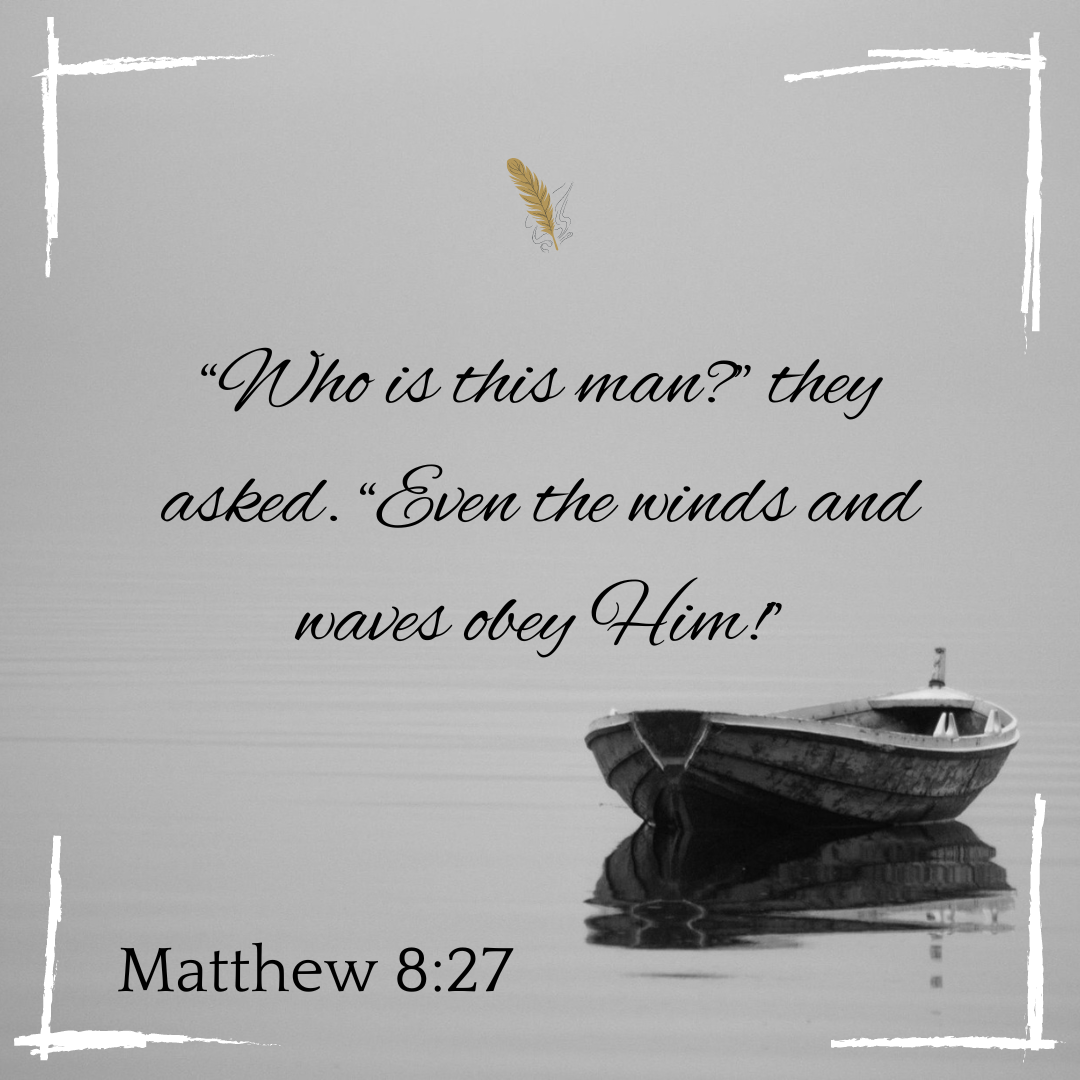Lessons from the Gospel – Lazarus the Prophetic
Lessons from the Gospel – Mary who loved much, Martha the Provider, Lazarus the Prophetic – Part 3 – Lazarus the Prophetic.
Throughout the Gospels, we learn a lot about this family that supported the earthly ministry of Jesus in so many ways. But it seems like the movers and shakers were the sisters, Martha and Mary. And the activities of the sisters seem to get the most mention and attention. Lazarus is only a sidenote, until…
John 11:1 [NKJV] Now a certain [man] was sick, Lazarus of Bethany, the town of Mary and her sister Martha.
And, just like that, Lazarus is front and center. And, boy, what a story it is going to be!
Here is the summary: Jesus gets word that Lazarus is sick, but does not return to Bethany immediately to heal him. When Jesus does return, Lazarus is dead and Jesus knows it.
John 11:14-15 [NKJV] 14 Then Jesus said to them plainly, "Lazarus is dead. 15 "And I am glad for your sakes that I was not there, that you may believe. Nevertheless, let us go to him."
It would seem that Jesus intended to allow Lazarus to die and that his death had an important role to play in shoring up the faith of the disciples.
Although they would not have known if Jesus deliberately delayed His coming or if something prevented it, both Martha and Mary believed that Jesus could have and would have saved Lazarus from death had He shown up in time. In fact, the scripture make it seem like these were the first words out of the mouths of each of the sisters: "Lord, if You had been here, my brother would not have died.” [Martha = John 11:21; Mary v. 32] It seems a little accusatory to me, but we really don’t know the tone used or what the sisters were feeling. Maybe I’m projecting how I would have felt in that situation.
Have you ever been in a situation where you had faith that God would “show up” and handle a situation – a healing or some work trouble or a personal battle – and you felt that He didn’t show up in time to save the person from death or you from getting laid off or the personal battle from having difficult consequences? I have.
But God is never late.
John 11:25 [NKJV] 25 Jesus said to her, "I am the resurrection and the life. He who believes in Me, though he may die, he shall live.”
In the case of Lazarus, we get to see that Jesus had a plan and a purpose in allowing Lazarus to die. In the case of our own lives, we don’t know what is going on in heaven or in the heart of God. We don’t know His plans until we actually see them play out. Sometimes, we have to understand that we won’t see the full picture until Jesus returns.
Like Mary and Martha, we can know the ultimate plans of God for us and still feel disappointed, or simply wish for something different in the present circumstance. [John 11:24, 27]
Four days after Lazarus died, when no one could dispute that his death was real and Martha was concerned about the smell that would be coming from his body by that time, Jesus showed up and proved to everyone who He is, as He very pointedly told Martha: John 11:25 [NKJV] 25 Jesus said to her, "I am the resurrection and the life. He who believes in Me, though he may die, he shall live.”
John 11:40-44 [NKJV] 40 Jesus said to her, "Did I not say to you that if you would believe you would see the glory of God?" 41 Then they took away the stone [from the place] where the dead man was lying. And Jesus lifted up [His] eyes and said, "Father, I thank You that You have heard Me. 42 "And I know that You always hear Me, but because of the people who are standing by I said [this], that they may believe that You sent Me." 43 Now when He had said these things, He cried with a loud voice, "Lazarus, come forth!" 44 And he who had died came out bound hand and foot with graveclothes, and his face was wrapped with a cloth. Jesus said to them, "Loose him, and let him go."
Two days of nursing their sick brother while waiting for Jesus to come heal him – not doubt wondering when He would come. Four days of mourning their brother’s death – no doubt wondering why the Lord who loved them so much did not show up for Lazarus. [John 11:5]
They remained steadfast in faith and in their trust in Jesus.
Because they did, and because God had a purpose and plan it this whole incident, Mary and Martha saw their brother resurrected to life. Incredible! And everyone there knew, beyond a shadow of a doubt, that the dead could be resurrected.
God works in mysterious ways. So often, like Mary and Martha, we know only His ultimate plan, and not His interim one for the moment of trial and trouble we are going through. Like them, we must remain steadfast through it all and wait for the time when we will understand and see the glory of God in action – whether in this life or in the next.
We have more to learn from this family that Jesus loved and from His interaction with them.
But here are the lessons that I hope you will take away from today:
· Watch the quiet ones. God is working with them too and may be planning something HUGE.
· Don’t worry if everyone else seems to be getting the attention from God, God has a plan for your life too.
· Never think that God has arrived too late. His timing is always perfect.
I welcome your comments and questions. I invite you to tell me about a time when you waited for the Lord and either you are still waiting to understand why He didn’t show up as you had faith that He would or He showed up in a way you did not expect.
You can write me now in the comments section, or any time at Nancy@DynamicChristianMinistries.org



















